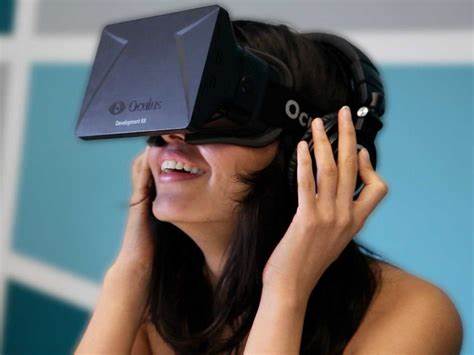As technology continues to redefine our world, virtual reality (VR) has emerged as a groundbreaking medium for immersive experiences. In this article, we’ll explore the exciting convergence of virtual reality and television, diving into its evolution, potential, and the impact it could have on the way we consume content.
The Evolution of Virtual Reality TV
Virtual reality, as a concept, has been around for decades. However, it’s only in recent years that technological advancements have made it accessible to the masses. VR headsets, sensors, and interactive controllers have revolutionized the way we engage with content.
The convergence of VR and TV was a natural progression. It brought forth the idea of watching television in a 360-degree immersive environment, blurring the lines between the viewer and the content.
The Immersive Viewing Experience
One of the most remarkable aspects of virtual reality TV is the level of immersion it offers. Whether it’s exploring a fictional world, attending a live concert, or even experiencing a documentary from within, the possibilities are limitless.
The feeling of “presence” in a virtual environment is what sets VR TV apart. It’s a sensation that tricks the brain into feeling like it’s physically present in the digital world. This can be a game-changer for content creators and advertisers, as the viewer’s undivided attention is virtually guaranteed.
The Challenges and Innovations
While virtual reality TV is an exciting frontier, it’s not without its challenges. Hardware costs, accessibility, and motion sickness concerns are some of the obstacles that the industry has had to overcome.
Eye-tracking technology, haptic feedback, and improved motion sensors are just a few examples of how VR TV is pushing the boundaries of what’s possible. These advancements not only enhance the user experience but also open up new avenues for creative storytelling.
The Potential Impact on Entertainment
The fusion of virtual reality and television is poised to disrupt the entertainment industry. Traditional viewing experiences may be transformed, with consumers having the power to choose how they engage with content.
. Storytelling in movies and series can become more interactive and engaging, allowing viewers to influence the narrative.
Conclusion: A Glimpse into the Future
Virtual reality TV represents an exciting chapter in the evolution of entertainment. As technology continues to evolve and become more accessible, the way we consume content will inevitably change. The fusion of VR and TV offers a glimpse into a future where immersive experiences redefine our understanding of television.
While challenges remain, the potential for enhanced storytelling, interactivity, and a truly immersive viewing experience makes the journey towards virtual reality TV a captivating one. As the lines between reality and the digital world blur, our understanding of entertainment may never be the same again.

